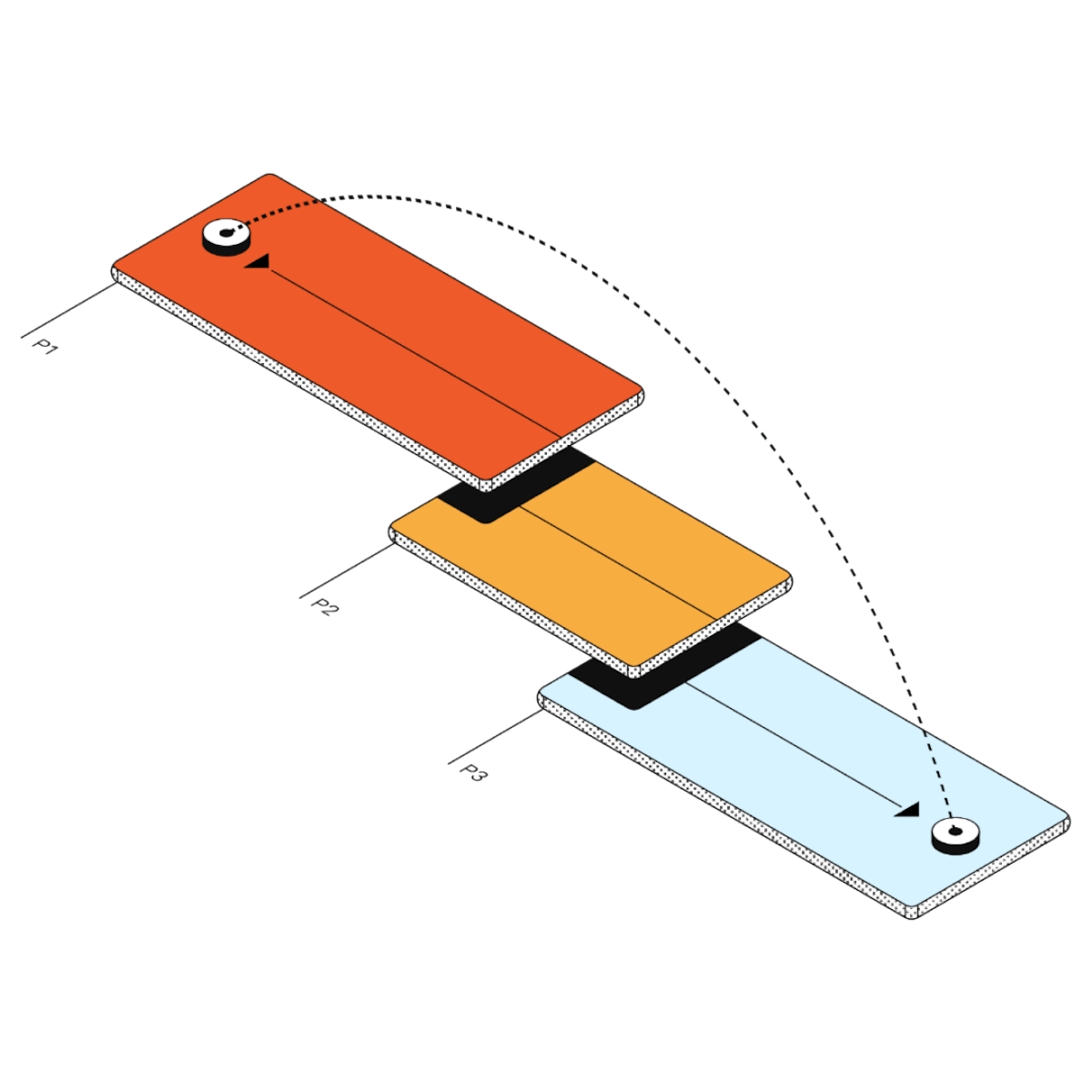10 free project timeline and calendar templates to keep your team on track
Get on the road(map) to success with Coda.


Teresa de Figueiredo
Product Manager
Blog > Product teams · 5 min read
Project plan: Combine tasks and notes in one flexible doc.

Project tracker with linked tasks: Categorize tasks by project.

Project dashboard: Track your and your team’s work.

Simple project with task tracker: Chart tasks by status.

All tasks: See every task in one place.

Epics and issues: Set a task hierarchy.

To-do with Google Calendar: Manage your personal and professional schedules.

Product roadmap: Plan for feature development.

Adam Nash’s 3-bucket product planning guide: Focus on what matters most.

The official 5-day design sprint: Validate your product hypotheses.

Never miss a deadline with Coda.
Manage every task, feature idea, and project milestone with Coda’s tried-and-true templates. No matter how simple or complex your project may be, our docs are built for flexibility. Take our templates and run with them, setting your own rules and customizing them to your team’s needs and preferences.Related posts
Explore more stories for product teams.












